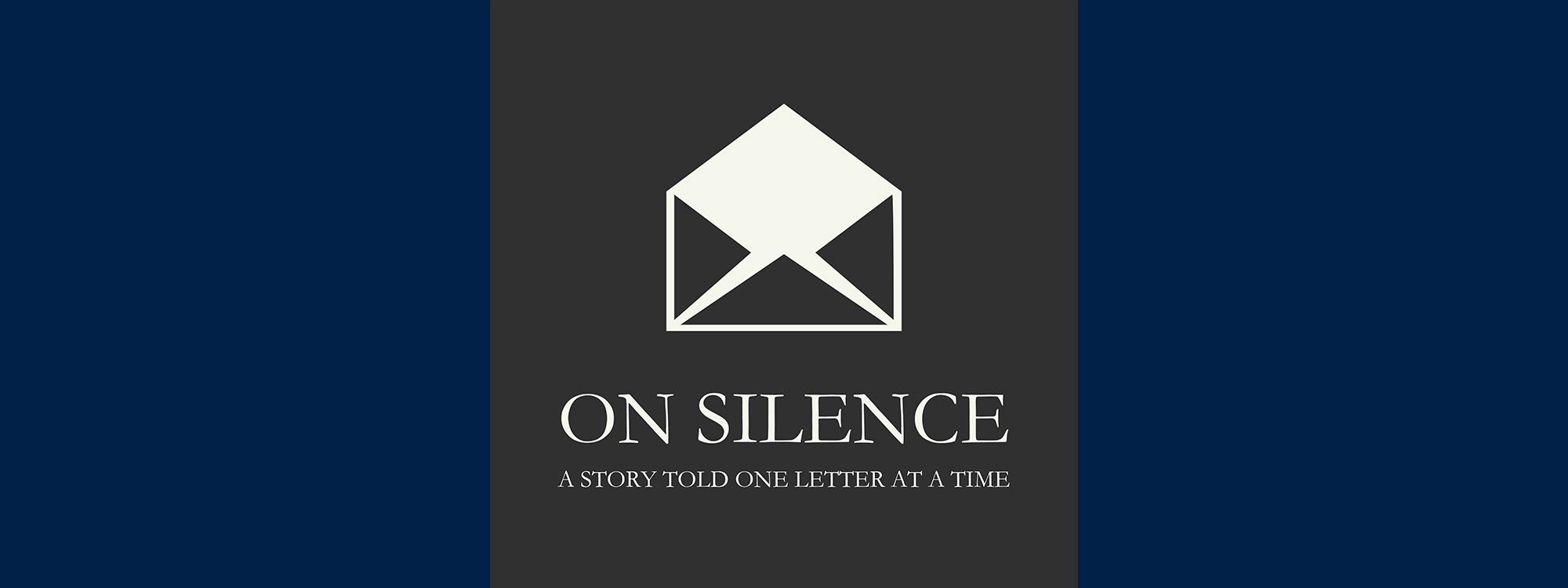Module Overview
This module offers student writers the opportunity of a “professional editorship” with The Lincoln Review, the University of Lincoln’s international literary journal. Students have the opportunity to learn about issues, principles, and practices related to the management of publishing organisations; editing, marketing, solicitation of work, design, layout, copyright and ethical issues; as well as the process of editing, designing, and publishing a professional literary journal.
Module Overview
This module considers the relationship between literature and its context as a means of exploring students' own writing. Students will have the opportunity to study contemporary works that have been acclaimed by critics and popular genre titles in order to discuss what the basis of their appeal is as singular texts, as a genre and as a commodity in contemporary culture.
Module Overview
During this practice-led module, student writers will concentrate on the production of an extended creative writing manuscript, which is ultimately intended for publication as part of their ongoing professional development. This is contextualised by a reading as a writer essay in the Form and Genre module, which will articulate the student writer’s own aesthetic practice and writerly philosophy, and situate their own writing in the field of literary production.
Module Overview
During this practice-led module, student writers will concentrate on the production of an extended creative writing manuscript, which is ultimately intended for publication as part of their ongoing professional development. This is contextualised by a reading as a writer essay in the Form and Genre module, which will articulate the student writer’s own aesthetic practice and writerly philosophy, and situate their own writing in the field of literary production. Note that this is module applies to the part-time route.
Module Overview
During this practice-led module, student writers will concentrate on the production of an extended creative writing manuscript, which is ultimately intended for publication as part of their ongoing professional development. This is contextualised, in The Mentorship 1 (Part A) by a reading as a writer essay in the Form and Genre module, which will articulate the student writer’s own aesthetic practice and writerly philosophy, and situate their own writing in the field of literary production. Note that this module belongs to the part-time route.
Module Overview
This module is designed to introduce student writers to, and further their knowledge of, various publishing industries (commercial, trade, and independent), fields of contemporary literary production, and the role(s) of the creative writer within the publishing world and other creative and cultural environments. Students will engage in both professional research and professional practice, which will be developed and encouraged via lectures, seminars, and workshops.
It is intended that experiencing both traditional and new media and the crossovers between them will stimulate students’ creativity and encourage them to be experimental in both their subject matter and mode of presentation. Throughout this module, students will also examine some of the other career options that can come through Creative Writing, such as working as editors for publishers and elements of journalism or copywriting as part of a portfolio career.
Module Overview
This practice-led module reflects the ethos of this programme as expressed in terms of activities, experiences, and types of assessment. The activity of writing is primary and it follows that workshop participation is central to the experience of the programme. Poetics is central to the philosophy of the programme, as a speculative writerly discourse about how writing is to be made, with a particular focus towards the student writers situating themselves within the field of contemporary literary production (in both philosophical and practical terms).
Module Overview
This module enables student writers to develop their knowledge of the field of literary production in lecture and seminar situations, studying a range of contemporary literary works across various forms and genres. Students will be encouraged to investigate literariness in terms of a practising writer rather than that of the literary critic, although critical terms will be used. Works will be selected to demonstrate epochal or societal relevance (e.g., works that exhibit or inhibit notions of postmodernity or postmodernism). More importantly, the field of literary production will be conceptualised using contemporary creative writers’ own writings upon writing, or poetics. This will be integrated into the ongoing practice of the student writer's developing practice.
Module Overview
This module offers student writers the opportunity of a “professional editorship” with The Lincoln Review, the University of Lincoln’s international literary journal, as well as the opportunity to pitch a project to a literary professional.
Students have the opportunity to learn about issues, principles, and practices related to the management of publishing organisations; editing, marketing, solicitation of work, design, layout, copyright and ethical issues; as well as the process of editing, designing, and publishing a professional literary journal.
Module Overview
During this practice-led module, student writers will, or will continue to, concentrate on the production of an extended creative writing manuscript, which is ultimately intended for publication as part of their ongoing professional development. This is contextualised by a statement of poetics via the Poetics module, which will articulate the student writer’s own aesthetic practice and writerly philosophy, and situate their own writing in the field of literary production.
Module Overview
During this practice-led module, student writers will, or will continue to, concentrate on the production of an extended creative writing manuscript, which is ultimately intended for publication as part of their ongoing professional development. This is contextualised by a statement of poetics via the Poetics module, which will articulate the student writer’s own aesthetic practice and writerly philosophy, and situate their own writing in the field of literary production. Please note that this module is part of the part-time route.
Module Overview
During this practice-led module, student writers will, or will continue to, concentrate on the production of an extended creative writing manuscript, which is ultimately intended for publication as part of their ongoing professional development. This is contextualised by a statement of poetics via the Poetics module, in The Mentorship 2 (PART A), which will articulate the student writer’s own aesthetic practice and writerly philosophy, and situate their own writing in the field of literary production. Please note that this module is part of the part-time route.
Module Overview
This practice-led module reflects the ethos of this programme as expressed in terms of activities, experiences, and types of assessment. The activity of writing a concise literary output is primary and it follows that workshop participation is central to the experience of the programme. Poetics is central to the philosophy of the programme, as a speculative writerly discourse about how writing is to be made, with a particular focus towards the student writers situating themselves within the field of contemporary literary production (in both philosophical and practical terms).
























